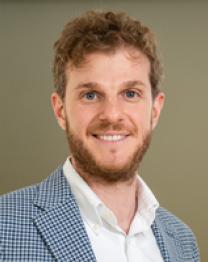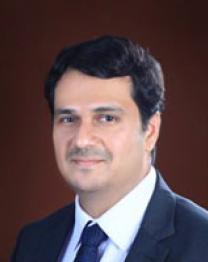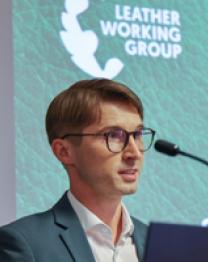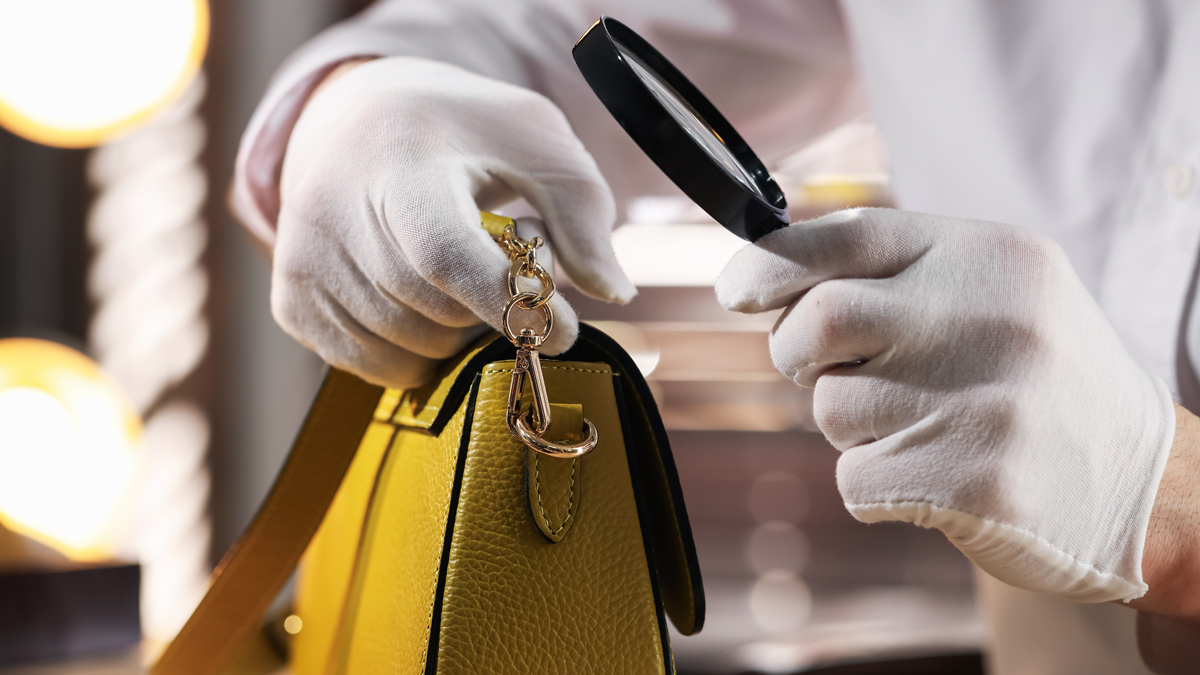
africaimages.com (Olga Yastremska, Africa Images)
Sustainability expectations in the global leather industry are evolving rapidly. New regulatory frameworks such as the EU Deforestation Regulation (EUDR), alongside growing buyer demands for traceability and environmental performance, are reshaping trade and market access – particularly for exporters in the Global South.
This official side event organised by the Sustainable Manufacturing and Environmental Pollution (SMEP) Programme will take place during the Lineapelle International Leather Exhibition – one of the world’s leading events for the leather industry. Drawing on SMEP-supported pilot projects in Bangladesh, Ethiopia and Pakistan, the discussions will explore how manufacturers and research institutions are trialling context-specific innovative methods – from traceability systems to cleaner production processes and waste valorisation to reduce the leather sector’s environmental impact, improve social outcomes, and safeguard access to international markets.
Featuring two panels on: (1) SMEP-backed innovative and local solutions in action; and (2) how policy, standards and procurement can support more sustainable leather trade, the event aims to facilitate exchange between producers, buyers and policymakers, and to raise awareness of emerging challenges and opportunities in meeting international market expectations. Participants will gain insight into real-world innovations emerging from the Global South and build understanding of the need for more inclusive, sustainable leather value chains.
The SMEP Programme is funded by UK International Development and implemented by the UK Foreign Commonwealth and Development Office (FCDO) in partnership with UN Trade and Development (UNCTAD), who provide Technical Assistance to the programme. Programme management is delivered through a consortium partnership between Pegasys International and SouthSouthNorth.
Note: In-person participation in this SMEP official side event requires prior registration to the Lineapelle International Leather Fair. Only registered Lineapelle attendees will be granted access to these SMEP sessions. More information.
To receive the meeting link for online participation, please register here.

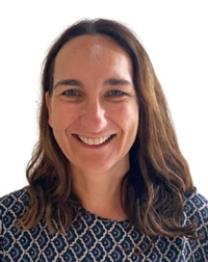
Elzette Henshilwood is a Technical Project and Relations Manager for the SMEP Programme, managing a portfolio of projects implementing solutions in the Textiles and Tanneries sectors.
With a background in urban studies, she has contributed to sustainable urban development through land use planning, environmental management, and urban research, with work published by UN Habitat.
In this role, she bridges the gap between sustainable manufacturing and urban development, recognising that cleaner production practices and solutions are essential for the circularity, resilience and sustainability of cities.
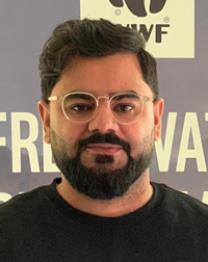
Adeel Younas is a Sustainability Practitioner with over a decade of experience in environmental sustainability and stewardship. He holds a Bachelor's degree in Environmental Engineering and a Master's degree in Business.
Currently, He serves as Manager Sustainable Supply Chain at World Wide Fund for Nature (WWF) Pakistan leading “Pakistan Leather Sector: Traceability, Cleaner Production and Circularity” project aimed at piloting innovative solutions around traceability, cleaner production and circularity for reducing the environmental and socio-economic impacts of the manufacturing sector in Pakistan. Adeel Younas is also engaged as expert with Leather Working Group (LWG)’s technical task team and assessor for productivity specialist for Asian Productivity Organization (APO) Japan.

Dr Ebenezer Laryea is a Reader (Professor) in Law at Aston University and Project Director for the Fresh Produce Impact Hub (FRESHPPACT), a research and development hub delivering practical solutions to plastic pollution within Ghana’s fresh-produce manufacturing and supply chains.
He also leads the LeatherTrace Bangladesh project, a pioneering initiative developing and piloting a digital e-traceability system which aims help Bangladesh’s tannery sector meet international environmental and social compliance standards across global value chains.
Ebenezer's research centres on Sustainability and Sustainable Development Law - spanning areas such as plastics, traceability, human rights, climate justice, social impact, net zero, and decarbonisation - where he has produced several research and knowledge exchange outputs.
His most recent work is a researched national policy report that sets out a practical blueprint for Ghana’s transition from conventional plastic products to plastic alternatives and non-plastic substitutes, advancing sustainable industrial practice and trade in sustainable alternatives.
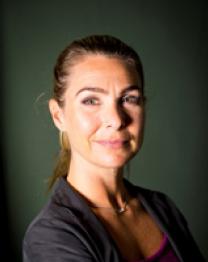
Sara Petersson is Global Partnerships Programme Manager at the Ethical Trading Initiative, where she leads multi-stakeholder programmes advancing human rights in supply chains.
She currently manages ETI’s UK Government-funded Sustainable Manufacturing and Environmental Pollution project in Bangladesh. With 18+ years’ experience across INGOs, UN agencies, and donor-funded initiatives, Sara has managed large-scale programmes in conflict-affected and fragile contexts including Afghanistan, Pakistan, Zimbabwe, Yemen, the DRC and South Sudan.
She holds MAs in Political Science and International Studies from UC Berkeley, USA, and an MA in Social Sciences from Lund University, Sweden.
Lorenzo Formenti is a consultant helping policymakers and businesses tackle sustainability challenges in supply chains.
An economist by training, he has worked on enterprise-focused sustainability and trade initiatives in more than 10 countries with organizations such as UN Trade and Development (UNCTAD) and the Organisation for Economic Co-operation and Development (OECD). At the International Trade Centre (ITC), he conducts economic research to support the sustainability transition and the internationalization of small businesses.
He recently led the development of a policy guide on integrating small and medium-sized enterprises (SMEs) into national climate plans. Previously, he managed Mondi Group’s supplier sustainability program, promoting responsible sourcing in the packaging sector. Lorenzo holds a master’s degree in Economics from the University of Pavia.
Mahesh Sugathan is an independent expert on sustainable trade based in Geneva, Switzerland. He also serves as Senior Policy Fellow at the Forum on Trade, Environment and the SDGs at the Graduate Institute in Geneva.
His work focuses on research and analysis of trade and investment policies, negotiations and agreements (WTO, regional and bilateral trade negotiations and agreements) relevant to sustainable development issues such as environmental technologies and services, plastic pollution and plastic substitutes, climate change, agriculture, biodiversity, clean energy, environmental pollution, circular economy, product standards and labelling.
He has been a consultant for a range of international organisations including the World Bank, the International Trade Centre (ITC), United Nations Conference on Trade and Development (UNCTAD), the United Nations Environment Programme (UNEP) and the ACP Secretariat.
Norbert is Senior Standards Manager at Leather Working Group where policy ideas meet factory floors. He convenes brands, leather manufacturers and industry experts to test solutions, then frames them in clear and auditable standards that can scale.
Polish by birth, with family roots in the leather industry, his role is to turn circularity concepts (like waste valorisation) into everyday practice that's followed from Monday morning around the world.
Deborah is the Managing Director of the Sustainable Leather Foundation (SLF), a not-for-profit Foundation, set up in July 2020, to support the leather industry to become more sustainable. The Foundation created the A.I.M. Approach to sustainable improvement - Accessible, Inclusive and Modular and works through the innovative SLF Transparency Dashboard™, the first of its kind in the leather industry.
Deborah previously managed the Leather Working Group (LWG) from 2015 to 2020, and her experience outside the leather industry includes Project Management for companies including Sony Mobile, PlayStation, the BBC and TNT International.
Since April 2020, Deborah has also worked as the leather value chain expert for the UNECE. A practitioner member of the Chartered Quality Institute and a certified SA8000 lead auditor, Deborah is the President for the Society of Leather Technologists and Chemists and is a Liveryman of the Worshipful Company of Curriers.



